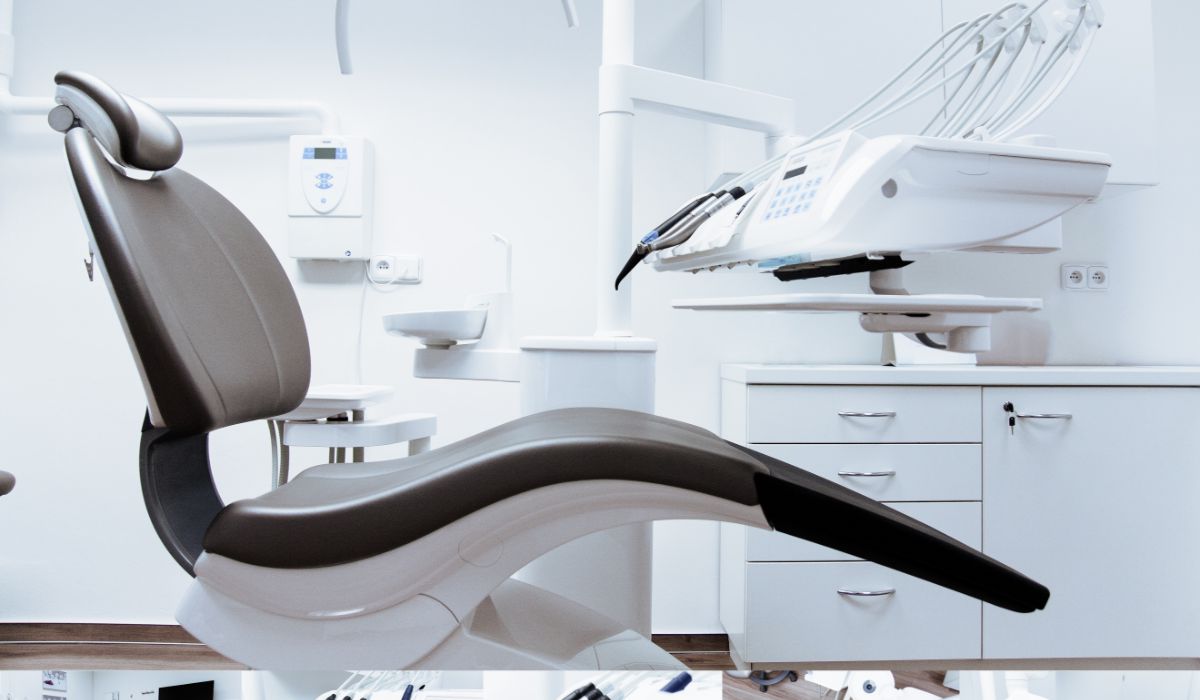
Good Sleep Starts with Good Sleep Hygiene

Good Sleep Starts with Good Sleep Hygiene
Sleep is one of the pillars of good health, equally important as nutrition and exercise. Yet, millions struggle with falling asleep, staying asleep, or waking up refreshed. One of the most effective, drug-free strategies for better sleep is practicing good sleep hygiene-a set of healthy habits and routines that support restful, restorative sleep.
What Is Sleep Hygiene?
Sleep hygiene refers to behaviors and environmental factors that promote consistent, uninterrupted sleep. Just like brushing your teeth promotes oral health, sleep hygiene strengthens your sleep-wake cycle and trains your body to rest at the right time.
Why Is Sleep Hygiene Important?
Poor sleep is linked to:
- Weakened immunity
- Increased risk of obesity, diabetes, and heart disease
- Poor concentration and memory
- Mood disorders like anxiety and depression
8 Essential Sleep Hygiene Tips
1. Maintain a Consistent Sleep Schedule
Go to bed and wake up at the same time every day-even on weekends.
2. Create a Relaxing Bedtime Routine
Engage in calming activities like reading, a warm bath, or deep breathing.
3. Limit Exposure to Screens Before Bed
Avoid screens for at least 1 hour before bedtime or use blue light filters.
4. Optimize Your Sleep Environment
Ensure it is dark, quiet, cool, and comfortable.
5. Avoid Stimulants and Heavy Meals in the Evening
Avoid caffeine after 2 PM and limit alcohol intake.
6. Get Daytime Light Exposure and Exercise
Exposure to natural light and regular physical activity helps regulate sleep.
7. Reserve the Bed for Sleep and Intimacy Only
Avoid using your bed for watching TV, eating, or working.
8. Don’t Force Sleep
If you can’t sleep, get out of bed and do a quiet activity until sleepy.
When to Seek Help
If sleep problems persist, speak with a healthcare provider. Conditions like insomnia, sleep apnea, or anxiety may require treatment.
Conclusion
Better sleep begins with better habits. Sleep hygiene is a natural, effective way to improve your sleep. With consistency and commitment, many can achieve better rest without medications.